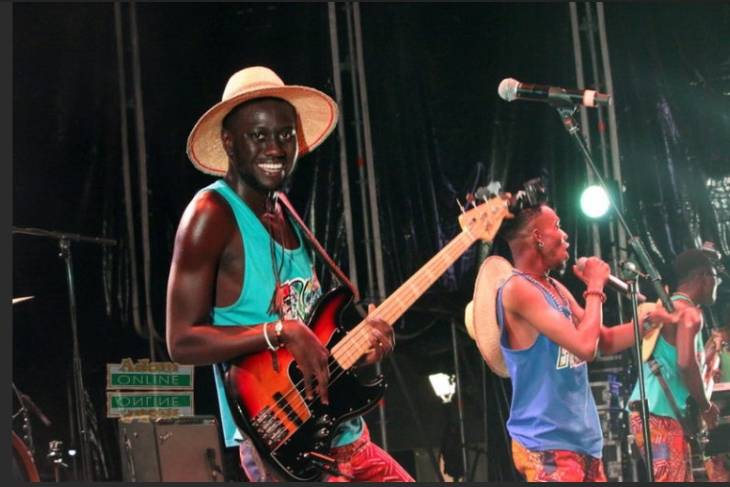The richness of Ghana’s cultural heritage is undeniable, but a growing concern has emerged within the music industry: the neglect of traditional Ghanaian roots. This sentiment was highlighted by a Grammy Academy member, who expressed disappointment in Ghanaian artists’ increasing tendency to abandon their cultural identity in favor of Westernized sounds.
The Current State of Ghanaian Music
In recent years, Ghana’s music scene has witnessed significant growth, with artists like Black Sherif, Stonebwoy, and Sarkodie gaining international recognition. While this global success is commendable, it often comes at the cost of diluting traditional sounds. Genres like Highlife, which once defined Ghana’s musical identity, are now overshadowed by Afrobeat and trap-inspired tunes.
Highlife, rooted in Ghana’s history, was instrumental in the nation’s cultural renaissance during the post-independence era. The genre’s rhythmic blend of indigenous melodies and Western instrumentation celebrated Ghanaian traditions while embracing modernity. Today, however, Highlife’s presence is increasingly marginalized, as mainstream artists chase global trends.
Why Cultural Identity Matters
Music serves as a powerful vehicle for cultural preservation and storytelling. By incorporating traditional elements into their work, artists not only celebrate Ghana’s heritage but also offer something unique to the global stage. As the Grammy member emphasized, Ghanaian music has the potential to stand out in a saturated global market, provided it stays authentic.
Cultural authenticity does not mean rejecting modern influences. Rather, it involves striking a balance—blending traditional and contemporary sounds to create a hybrid that is both globally appealing and locally rooted. This approach has been successfully demonstrated by artists like Wiyaala, who fuses traditional Northern Ghanaian music with modern beats.
The Path Forward
To revive and sustain Ghana’s musical identity, several measures can be taken:
Education and Awareness: Music schools and institutions should incorporate traditional music training into their curricula. Educating young artists about the history and significance of Ghanaian music can inspire them to innovate within these frameworks.
Government and Industry Support: Policies and funding initiatives that prioritize traditional genres can encourage artists to explore and preserve their cultural roots.
Platforms for Traditional Music: Creating more platforms to showcase Highlife and other indigenous genres can revitalize public interest. Events like cultural festivals and dedicated radio programs can play a pivotal role.
Artist Initiatives: Established artists must take the lead in championing cultural integration. Collaborations that blend traditional and modern styles can serve as blueprints for emerging talents.
Conclusion
The neglect of Ghanaian cultural identity in music is a pressing issue that demands immediate attention. By reembracing their roots, Ghanaian artists can carve a distinct niche on the global stage while preserving the nation’s rich heritage. The call to action is clear: it’s time to celebrate Ghana’s past to enrich its musical future.


